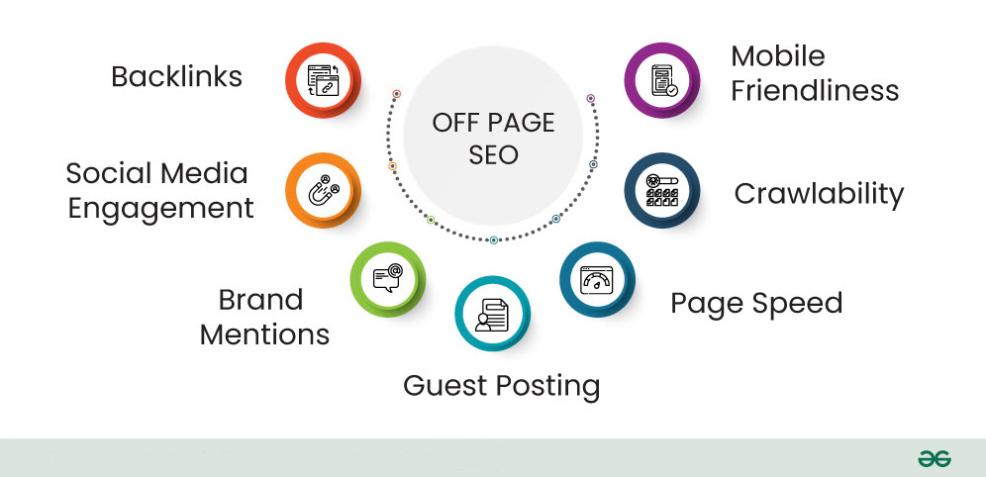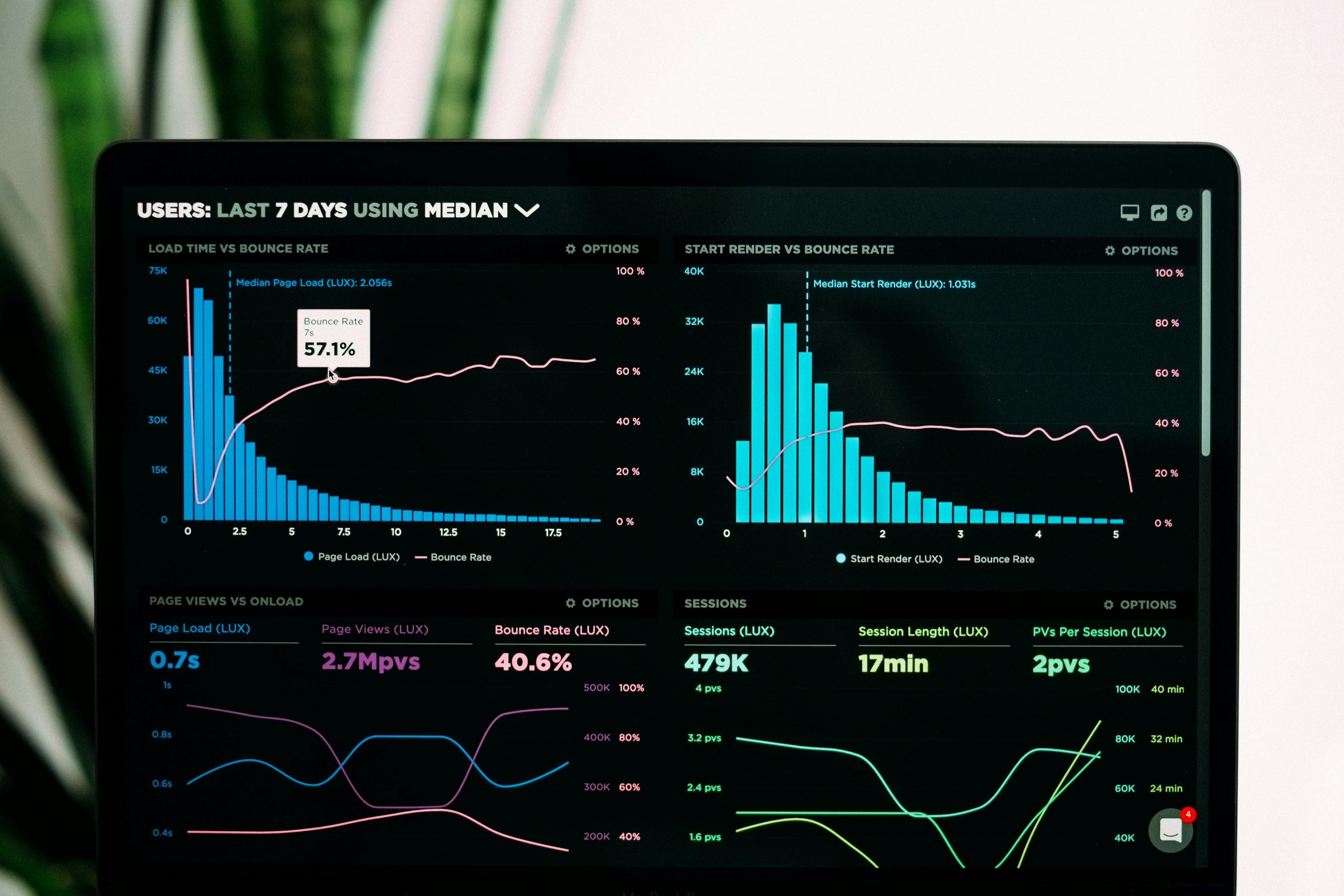When I started writing this blog, it felt a little complicated, so I waited until I better understood what display (programmatic) advertising is. And I must say it’s a lot simpler than you’d expect. Display advertising in Google Ads is something a ton of people will see every day without even realizing how it works. It consists of banners, images, and visual ads that show up on websites and apps. Over the course of my digital marketing class, I learned that programmatic display is basically an automated way of buying ad space for yourself. Instead of just manually choosing where ads show up, Google’s system uses stored data and real-time decisions to determine where to place the best-suited ads so they have the most impact.
The “main” idea behind programmatic display is semi simple in my own opinion. It works like this: Advertisers tell Google who they want to reach with their ads and how much their budget is, while also giving them a goal. After that information is given, Google will use machine learning to figure out the best placements for the ads. It goes through literally millions of websites and looks at people’s behaviors, interests, and browsing activity to be able to match ads with the right people. I always assumed the ads were random, but after studying and learning this topic a little more, it becomes clear they’re very intentionally targeted.
From what I’ve learned, one of the biggest advantages of Google’s display network is that it has such an incredible reach. Google works with HUGE amounts of websites, which means your ad can appear basically anywhere online if Google chooses it. That kind of reach used to be impossible, even a few decades ago, without working with publishers. Now, anyone with internet access and a budget can have this work behind the scenes to reach an audience. Automation has become the backbone of advertising nowadays.
Targeting is another huge part of programmatic display. Google Ads conquers this by letting advertisers choose from whatever audience they decide. These can include anything from interest-based groups, current shoppers, past visitors, and even custom segments built from specific keywords. This is all a big reason to why the ads you see feel so damn relevant to what you might’ve looked up earlier. It’s all connected from Google doing its thing.
An important thing to remember is that display ads come in different styles. Some can be basic image banners, while others might adjust to fit whatever the advertising space is. On that note, one of the most popular styles is responsive display ads. That’s when Google tests different combinations of text, images, and layouts to determine what performs the best for the ad. I know if I were ever to run any ads of my own, I’d probably start with responsive ads because they can save a lot of time and have a chance to perform really well.
Unfortunately, one of the downsides is that people often scroll past display ads, which is called banner blindness. Because of that, the creative side REALLY matters for ads. A good display ad needs a clean image, short text, and a clear call to action or selling of a product. When an ad tries to say too much, people are more likely to ignore it (at least from personal experience and opinions). The best ones will get straight to the point and keep the visual aesthetic up.
As I kept learning more about programmatic display, it became clear how much it connects to the bigger picture of digital marketing. Privacy shifts, like the loss of third-party cookies, are changing how advertisers track audiences, and Google is still developing new ways to handle targeting while protecting user data. At the same time, display campaigns stay affordable, flexible, and easy to manage since Google handles most of the bidding automatically. What surprised me is how well programmatic display fits into almost any marketing goal, whether that’s building awareness, retargeting past visitors, or encouraging conversions. Even with challenges like banner blindness and ongoing privacy changes, display advertising is still one of the most reliable tools for reaching people online. The more I learn about how it works, the easier it is to see why it’s taught in so many marketing classes and why it matters for anyone trying to grow a brand today.
If you’d like to read more, click below!



